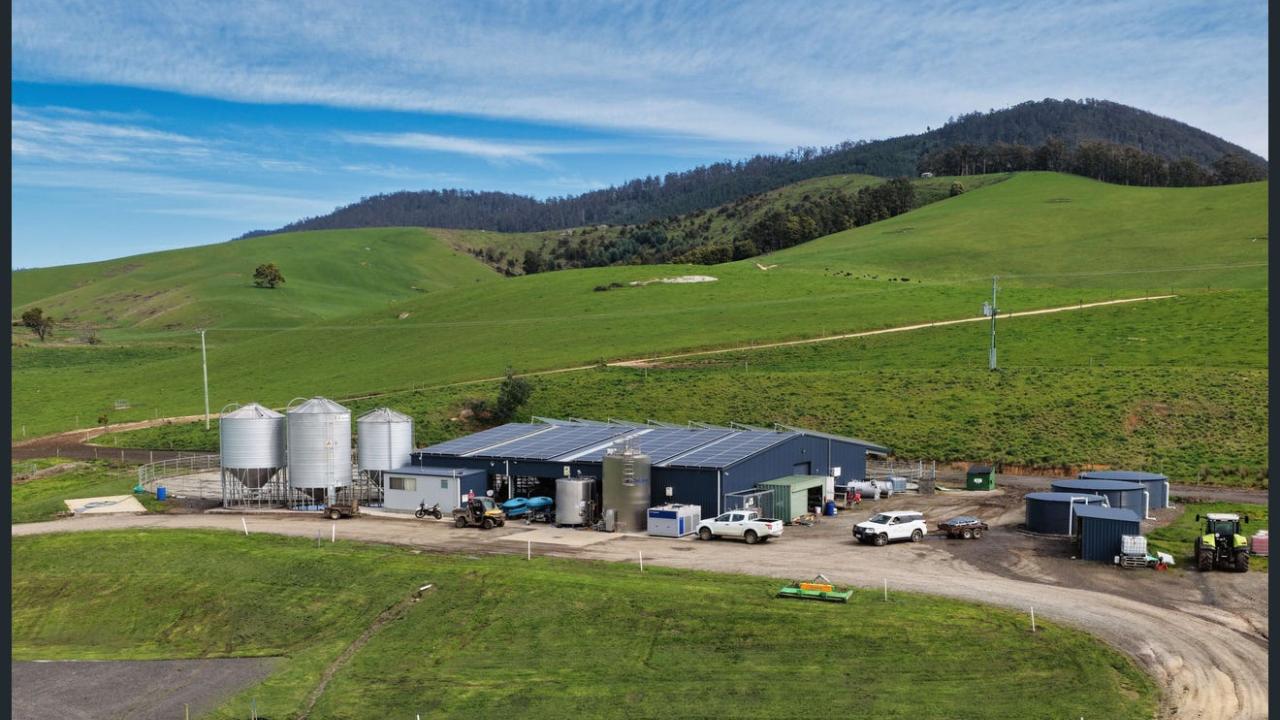Sale spree for Tasmanian dairy farms

An influx of dairy farms are on the market in Tasmania, with eight properties currently listed for sale.
High-profile dairies Pyeganna, Tyne River, Blumont and Harcus are among the farms for sale, and all of the properties looking for prospective buyers are concentrated in the northern half of the state.
Elders Head of Rural Sales Lochie Dornauf said it was unusual to see so many dairy farms on the market, considering that traditionally properties were offloaded when production costs outweighed returns.
“It is noteworthy that the current dairies available on the market are being sold voluntarily,” Mr Dornauf said.
“This trend is attributed in part to an increased focus on succession planning, but predominantly reflects industry optimism as vendors seek to capitalise on favourable returns.”
“Conversations with dairy producers throughout the state reveal an optimistic outlook regarding the future of the dairy industry.”
But Mr Dornauf said the large number of dairies on the market could be a blip and noted that a similar trend happened a few years ago under similar circumstances.
"Milk is regarded as a staple product - even as the cost of living rises, its demand remains steady and does not exhibit the variability seen in certain other non-essential commodities."
There has been a 3.4 per cent reduction in total milk yields year-to-date nationally due to challenging conditions in states that have large volumes of production, such as Victoria, and the southern parts of New South Wales and South Australia.
Mr Dornauf said that Tasmania’s dairy industry is currently benefiting from the downturn experienced on the mainland.
“During periods of challenging national seasonal conditions, Tasmania distinguishes itself due to the development of strategic irrigation infrastructure and generally higher rainfall compared to other regions on the mainland.”
He said that some regions of the state were becoming attractive to prospective buyers.
"We are observing that the North East and Meander Valley regions are increasingly becoming key areas for both local and corporate investment, driven by an emphasis on proximity to major population centres in response to labour-related challenges."




Add new comment